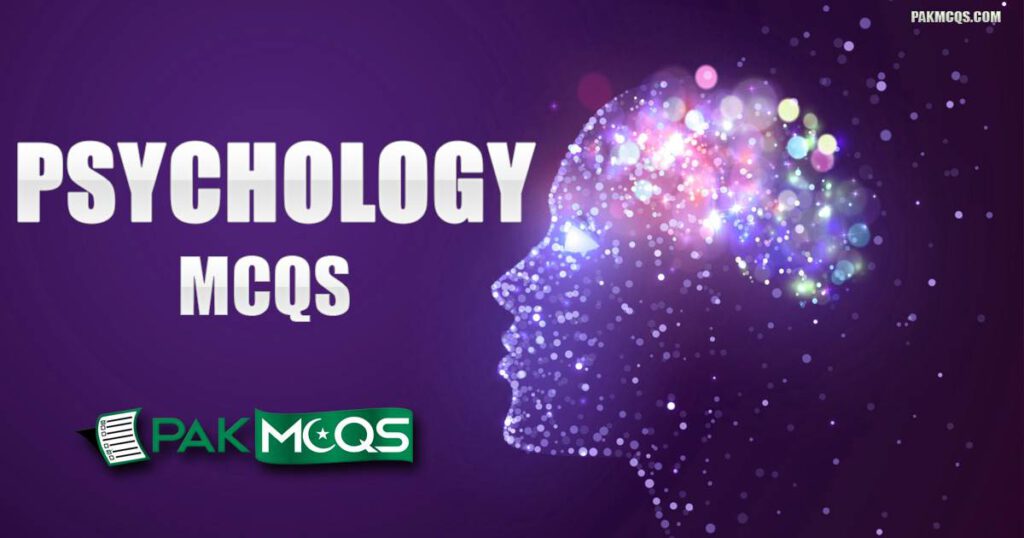A. a conversion reaction
B. hypochondriasis
C. a traumatic disorder
D. an obsession
Psychology Mcqs
Psychology Mcqs for Preparation – These Multiple Choice Questions are important for Lecturer Psychology, Clinical psychologist, Counselling psychologist, Educational psychologist and Forensic psychologist Jobs tests. Psychology Mcqs questions are very important for all type of exams conducted by Fpsc, Nts, Kppsc, Ppsc, Spsc, Bpsc, Ots, Uts, Pts, Cts, Ats, etea and other testing agencies of Pakistan.
| PSYCHOLOGY MCQS | |||
|---|---|---|---|
| 1. Introduction to Psychology | 2. Emotions | ||
| 3. Therapy | 4. Memory | ||
| 5. Intelligence | 6. Infancy And Childhood | ||
| 7. Health Psychology | 8. Forensic Psychology | ||
| 9. Branches of Psychology | 10. Attitudes, Attributions And Social Cognition | ||
| 11. Adolescence And Adulthood | 12. Abnormal Psychology | ||
| 13. Social Psychology | 14. Sensation And Perception | ||
| 15. Research Methods | 16. Psychology Theories | ||
| 17. Psychological Disorders and their Treatment | 18. Personality | ||
| 19. Organizational Psychology | 20. Nervous System | ||
| 21. Motivation | 22. Methods and Approaches | ||
| 23. Methodology | 24. Major Thinkers in Psychology | ||
| 25. Learning | 26. Language And Thought | ||
| 27. Interpersonal Relations And Group Processes | 28. Industrial Psychology | ||
| 29. Educational Psychology | 30. Developmental Psychology | ||
| 31. Criminal Psychology | 32. Coordination | ||
| 33. Cognitive Psychology | 34. Biological Foundations of Behavior | ||
| 35. Miscellaneous Psychology | 36. | ||
A. psychodynamic theorist
B. Freudian therapist
C. humanistic psychologist
D. behavioristic theorist
A. illusions
B. hallucinations
C. delusions
D. affect episodes
A. dependent
B. antisocial
C. narcissistic
D. paranoid
A. psychotic
B. manic
C. anxiety
D. mood
A. mood disorder
B. schizophrenia
C. organic brain pathologies
D. somatoform disorder
A. hallucination
B. delusion
C. auditory regression
D. depressive psychosis
A. refers to very severe psychotic behavior episodes
B. is a legal, not a psychological, term
C. has no formal psychological meaning
D. refers to a serve, but transistent, depression
A. physical flight to escape conflict
B. severe depression
C. hallucinations
D. obsessive behavior
A. social
B. family
C. psychological
D. biological


